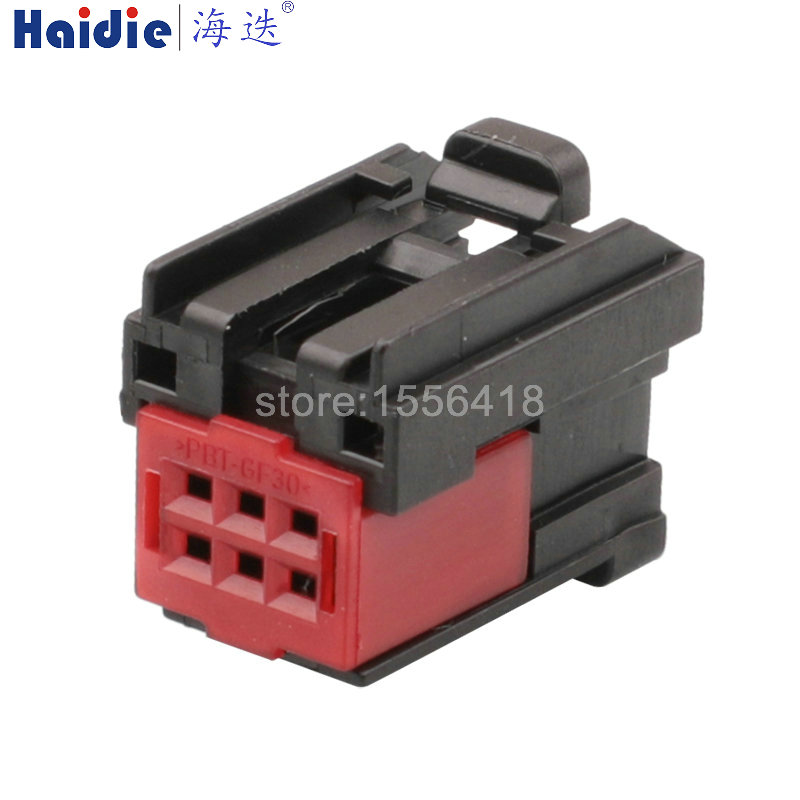Automotive connectors are key components that connect electronic devices to automotive electrical systems. They are usually made of different materials to suit different application scenarios. Below I will give a brief description of some common automotive connector materials and their application scenarios.
The first is the plastic material connector. Manufactured from high-strength plastic, this connector has good insulation and corrosion resistance. They are commonly used in the connection of electronic equipment in the car, such as audio system, instrument panel display and so on. Plastic material connectors are also highly cost-effective and widely applicable, so they are widely used in automobile manufacturing.
Followed by metal material connectors. Metal connectors are mainly made of metals such as copper and aluminum, which have high electrical conductivity and corrosion resistance. They are commonly used in electrical systems of vehicles such as battery connectors, engine wiring harnesses, etc. Metal connectors can withstand high current and temperature and provide reliable electrical connections, so they are widely used in scenarios requiring high power transmission.
In addition, there are mixed material connectors. Hybrid connectors are made by combining metal and plastic materials to take advantage of both. For example, the pin and socket parts of the connector are usually made of metal, while the connecting housing is made of plastic. Hybrid connectors have good electrical characteristics and mechanical strength, and are widely used in sensor systems, control modules, etc. of automobiles.
In addition, with the advancement of automotive technology, some new materials have also begun to be used in automotive connectors. For example, high temperature resistant plastic materials, ceramic materials, etc. These new materials can provide a higher operating temperature range and better corrosion resistance, and are suitable for connector requirements in high-temperature and high-pressure environments such as automotive engine compartments. In general, automotive connectors of different materials are suitable for different scenarios and requirements. Plastic connectors are suitable for in-vehicle electronic device connections, metal connectors are suitable for high-power transmission scenarios, hybrid connectors combine the advantages of metal and plastic, and new materials can provide better performance in special environments. The choice of automotive connectors should be determined according to specific application requirements to ensure the reliability and stability of the connection.
Post time: Jul-15-2023


